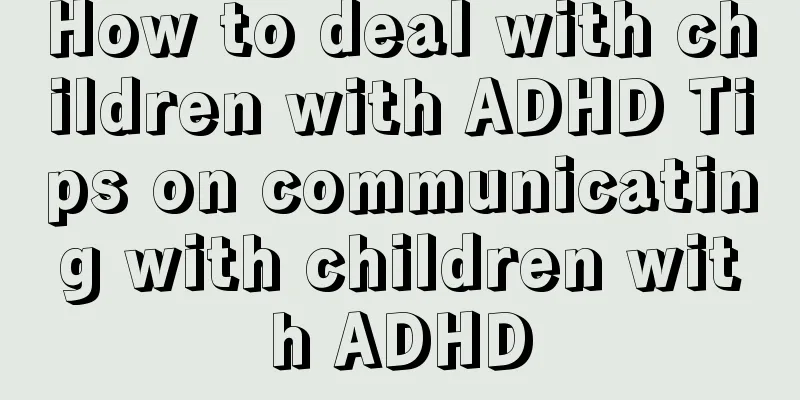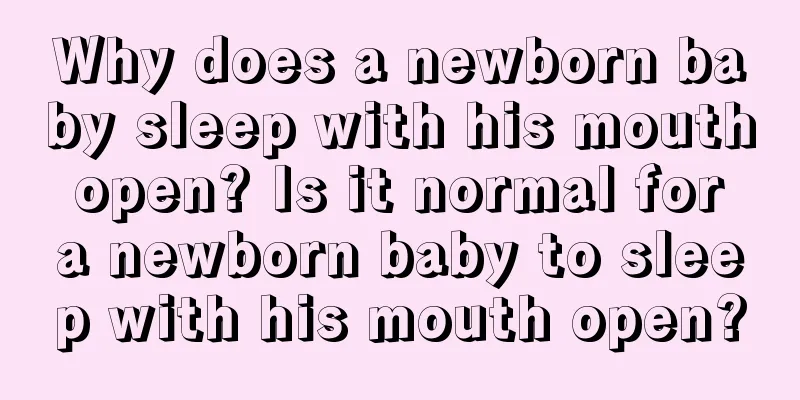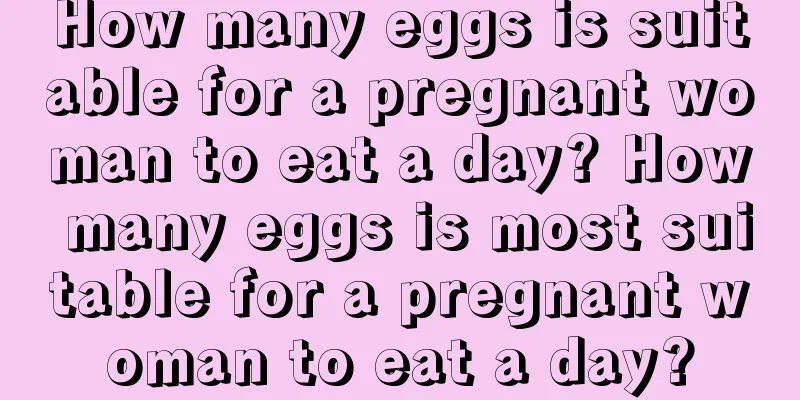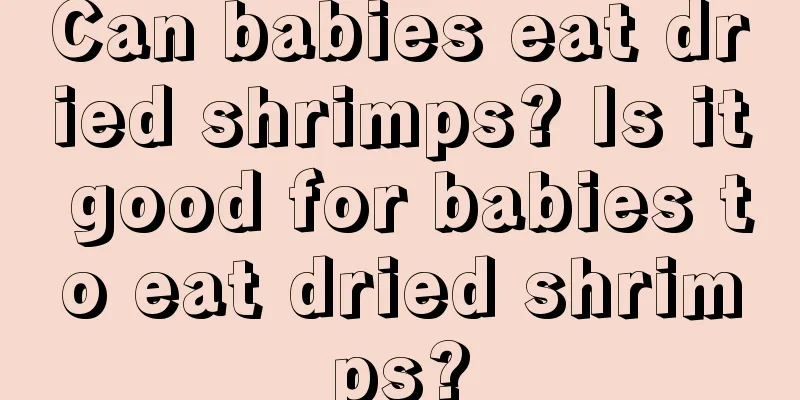When do children's deciduous teeth fall out? When will permanent teeth grow in?
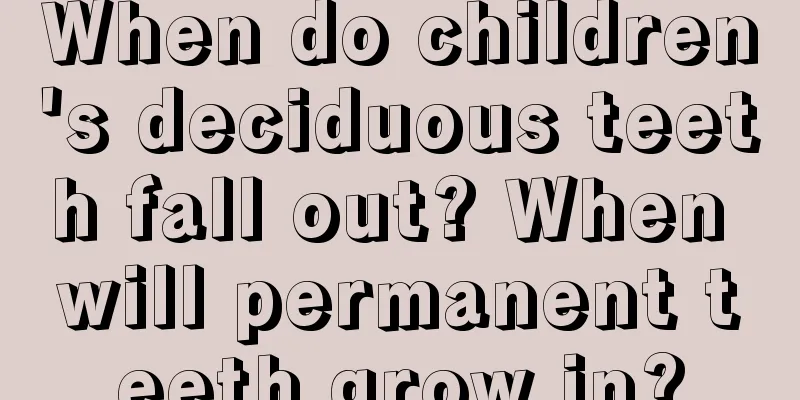
|
For children, the period of tooth replacement is very important. Because the new permanent teeth will accompany the baby throughout his life and are related to his appearance, eating, and even psychological state. Therefore, care and health care during the period of tooth replacement is very important, especially bad oral habits, which will affect the neatness and beauty. The impact of retained deciduous teeth falling outSequence of deciduous teeth falling out: There is a fixed time and sequence for the deciduous teeth of children to fall out. If the deciduous teeth are not replaced when they should be, it is a delayed state, and the result is usually that the permanent teeth cannot grow in the normal place. Most children start to replace their teeth when they are about five or six years old, and the speed varies from person to person.Possible problems: Tooth loss usually starts with the two lower front teeth, followed by the two upper front teeth. The most common situation is that the lower front permanent teeth first grow on the inside of the deciduous teeth, and the upper front permanent teeth erupt on the outside of the deciduous teeth, just like double-layer teeth.Warm reminder: At this time, parents should take their children to the hospital to have the retained deciduous teeth extracted to create an appropriate and correct position for the permanent teeth to come out.Impact of premature loss of deciduous teeth: If deciduous teeth fall out before they should, it is called premature loss of deciduous teeth. This condition often causes the adjacent teeth on both sides to tilt toward the gap of the missing teeth, making the gap of the missing teeth narrower, so the permanent teeth will grow out of place due to insufficient space.Treatment and solution: The solution and improvement at this time is to wear a gap maintainer at the gap between the deciduous teeth to prevent the teeth on both sides from being crooked, so that the permanent teeth can remain in the growth area they are supposed to be in until the permanent teeth grow out.When do permanent teeth erupt?Normally, children start to change their teeth at around 6 years old. The deciduous teeth begin to fall out physiologically, and the permanent teeth that replace the deciduous teeth erupt one after another. By the age of 12-13, all the deciduous teeth are replaced by permanent teeth. This is the children's tooth replacement period. Changes in gum thickness: If the baby teeth fall out too early, the child will get used to chewing and licking with the gums, so the gums will become thicker, making it difficult for the permanent teeth to erupt. Therefore, if the baby is at the age of changing teeth, but the permanent teeth have not erupted, it is necessary to take the child to the hospital for diagnosis and treatment of the relevant reasons.Warm reminder: Calcium deficiency in babies is also an important factor in the late eruption of permanent teeth. Parents should regularly supplement their children with calcium.Tooth replacement pushes adjacent teeth: During the tooth replacement period, the anterior permanent teeth grow from the bottom or inside of the deciduous teeth. The permanent teeth that grow out are the size of adult teeth. It is normal to have slight squeezing and twisting, which will change and adjust automatically with the growth of adjacent teeth and the development of the jaw.Correction explanation: As long as the condition is not cross-tooth, it is usually not necessary to correct it, but it should be observed regularly, and the longest time should not exceed half a year. If the teeth are still not aligned properly after all the deciduous teeth have been replaced, you should seek medical treatment immediately to avoid delaying treatment and causing difficulties in correction.How to care for baby's teethThe critical period of occlusion: During the tooth replacement period, the deciduous teeth will coexist with the permanent teeth. Because the permanent teeth have just grown out, they are especially important for occlusion. They are larger in size and have more pits and grooves, which are easy to retain food residues. Also, because most children do not clean their teeth thoroughly, they are more likely to have caries problems.Educate children: The most important thing at this time is to teach children the correct way to brush their teeth. During the period of tooth replacement, when the deciduous teeth are loose and about to fall out, babies like to lick the loose teeth with their tongues. This is a bad habit that will affect the normal growth of permanent teeth. Parents must correct it in time. |
<<: Will ultrasound harm the baby? Listen to the doctor and there will be no danger
>>: I have children at home and want to raise a cat. How can children and cats get along properly?
Recommend
Is there any relationship between baby spitting up and crying? Will crying cause spitting up?
Is there any relationship between baby spitting u...
What should pregnant women pay attention to when eating? What should pregnant women eat every day?
Everyone must have heard about the diet of pregna...
Can babies eat mulberries? At what age can babies eat mulberries?
Although mulberries taste sweet and many people l...
How to adjust the shoulder straps of a safety seat? The service life of a safety seat
We all know that a safety seat is a product used ...
What are the symptoms of pneumonia in children? How should pneumonia in children be treated?
Pediatric pneumonia is very common in children, a...
What kind of filling material is good for baby shaping pillow? How to clean baby shaping pillow?
Usually most babies like to move when they sleep,...
How to get along well with children and have good communication
When everyone has children, they always have the ...
What is the reason for the yellow eye discharge in the newborn baby's eyes?
The newborn baby has a little yellow eye mucus in...
What should pregnant women eat to reduce salt intake?
Some pregnant mothers have excessive moisture in ...
Can babies eat candy during their teething period? Can children eat candy during their teething period?
The replacement of teeth is an inevitable process...
Can babies eat frozen watermelon in summer? Can babies eat frozen watermelon?
Summer is here, and the most popular fruit in sum...
Why do pregnant women drool when they sleep?
When we sleep, we often find that when we wake up...
Does standing upside down after sex help you get pregnant? Is there any way to increase your chances of getting pregnant?
Handstand is also a kind of exercise, but I still...
Postpartum mothers tell their own stories: How painful is natural childbirth?
Most mothers choose to give birth naturally, but ...
Pregnant women love to eat sweets. What's the matter with pregnant women loving to eat sweets?
As the saying goes, "sour for a boy, spicy f...





